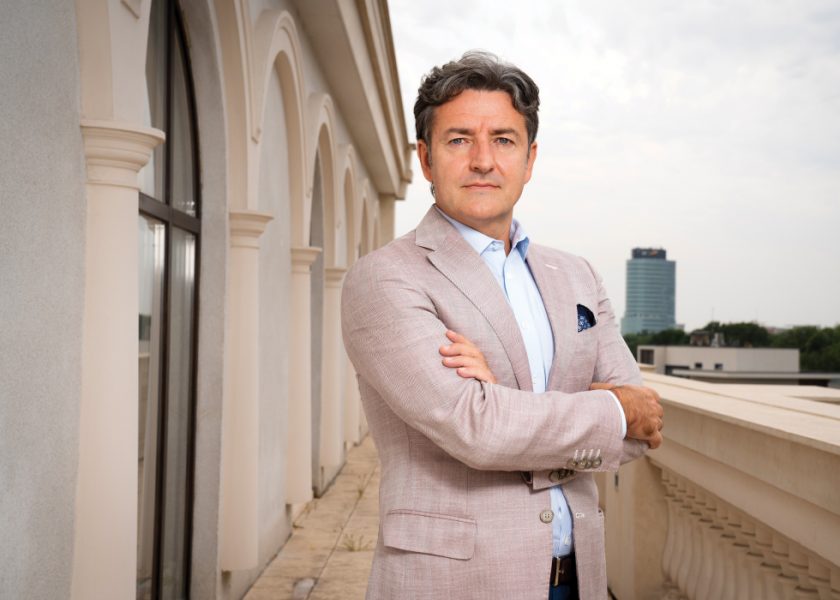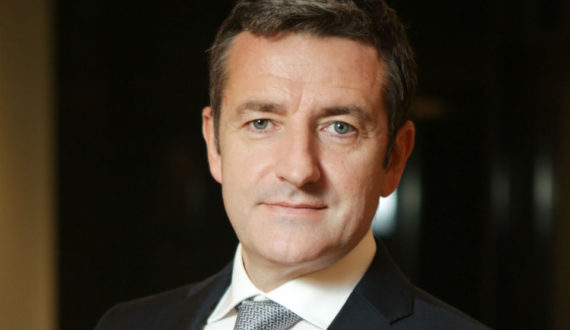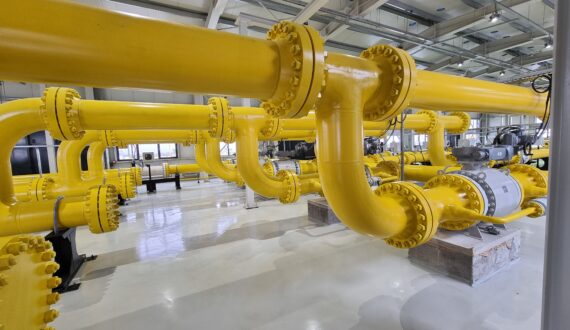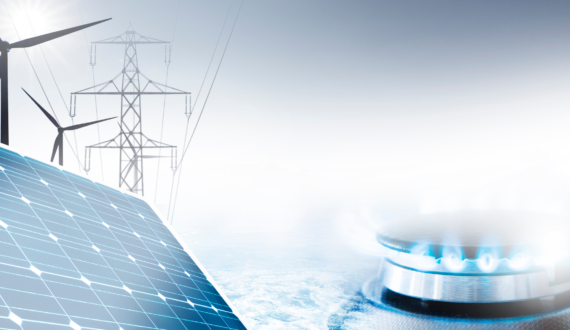Excerpt from the interview given for bursa.ro by Mr. Corneliu Bodea, CEO Adrem and President of CRE
What does the European Green Deal represent for the Romanian economy?
The European Ecological Pact is a huge opportunity for Romania to recover from technological progress, to digitize and innovate, that is, all these things that we have postponed in 20 years of lack of investment. We have not supported the field of research and development, which is seen, at least at the level of the energy sector, in the fact that we have an outdated national energy system, with low efficiency, we have polluting technologies, few automations and if we look only at energy consumption, 8 million users have only 2 million smart meters. So the Green Deal, through the very generous funds that the European Union makes available, we have the opportunity to level things up, but here are some important amendments.
First of all, we need a coherent, fair and transparent legislative framework that encourages investment, providing some predictability. Entrepreneurs in Romania have become accustomed to being crisis entrepreneurs, they act with great courage in an uncertain market, regulated by an unstable political environment in which governments succeed each other without a long-term vision behind them, a strategy, strategic objectives and an action plan to be undertaken and taken over by them. The legislation is often cumbersome and contradictory and does not provide an environment conducive to investment. This romantic period of entrepreneurship is over and in order to take the step forward, in the direction set by the European community, with clear medium and long term goals, we urgently need a well-thought-out regulatory framework that gives investors confidence.
Secondly, the question arises whether Romania will be able to secure the financing offered through the Green Deal, by advancing defined, real and plausible projects. Just as no investment has been made in any field for so long, no increase has been made in human resource growth. We are witnessing a deprofessionalization of human capital, in general and including energy, and to capitalize on the opportunities offered by the Green Deal we need concrete projects, developed and implemented by specialists to come with feasibility studies, technical notebooks, clear and serious projects . We have some luck with the pandemic that reversed the brain drain phenomenon and made many Romanians return home, but not rely on it. Investing in people is absolutely necessary if we want the money from the Green Deal and, in general, if we want to move towards progress.
What amounts do you consider that Romania can attract from the European funds for recovery and resilience and from the fund for a fair transition for the energy sector?
Any equation has those variable or unknown elements. The argument is not how much Romania can attract from the funding provided by the European Commission or other international institutions, but how it will do it. On a short list we have the sources of funding for the European Green Pact, we have specific mechanisms such as the one for a fair transition, the recovery and resilience plan, including Horizon 2020 (future Europe Horizon) and many more. Since pre-accession funding, Romania has never run out of money. What we failed to do, however, was to attract these sources of funding to their full value, and that is a completely different discussion.
There are many indicators that reveal the poor training of institutional leaders who should focus on modernizing large infrastructure and industry, sustainable economic growth and the general well-being of citizens. It is enough to look at the infringement proceedings adopted against Romania to understand the disaster of the governments in the post-accession years and the colossal amounts unnecessarily drained from the public budget.
We, the representatives of the energy sector, are open to any dialogue with policy makers, we know the realities of the field, we look at the directions, strategies and plans of the Member States, we are connected with the European institutions and, last but not least, we are directly interested in the evolution of the national energy sector. its complexity and interdependence with other areas of the economy. Within the CRE association we have created working groups with the specialists of our members, we elaborate and transmit opinions regarding the public consultations of the most relevant legislative changes and of the regulatory framework, thus we have the necessary technical support capacity.
Read the whole article on www.bursa.ro
"It is a shame that Romania has become a net importer of energy for the second consecutive year"







